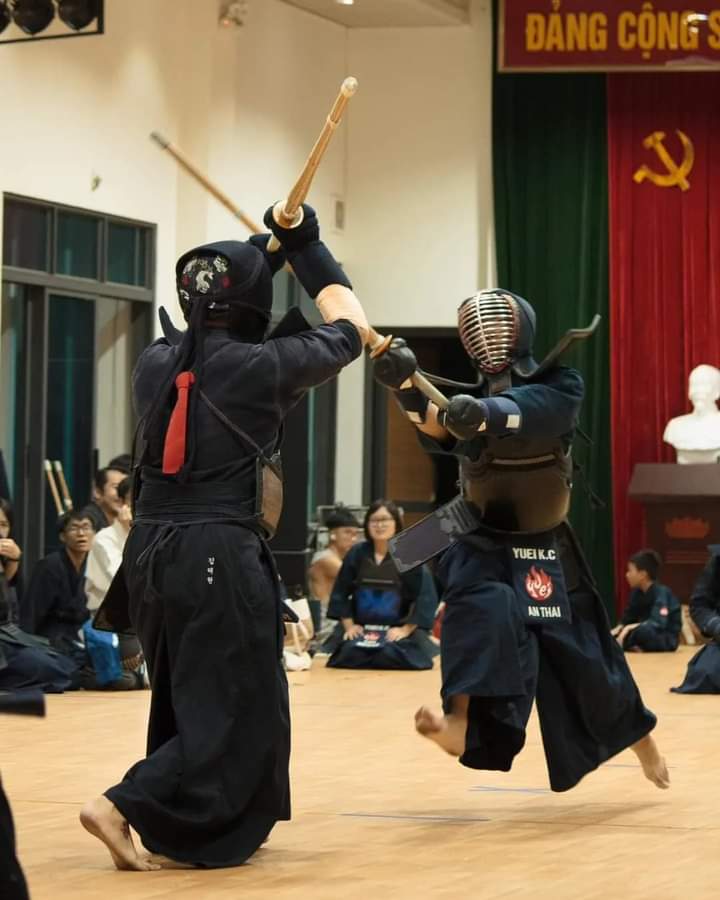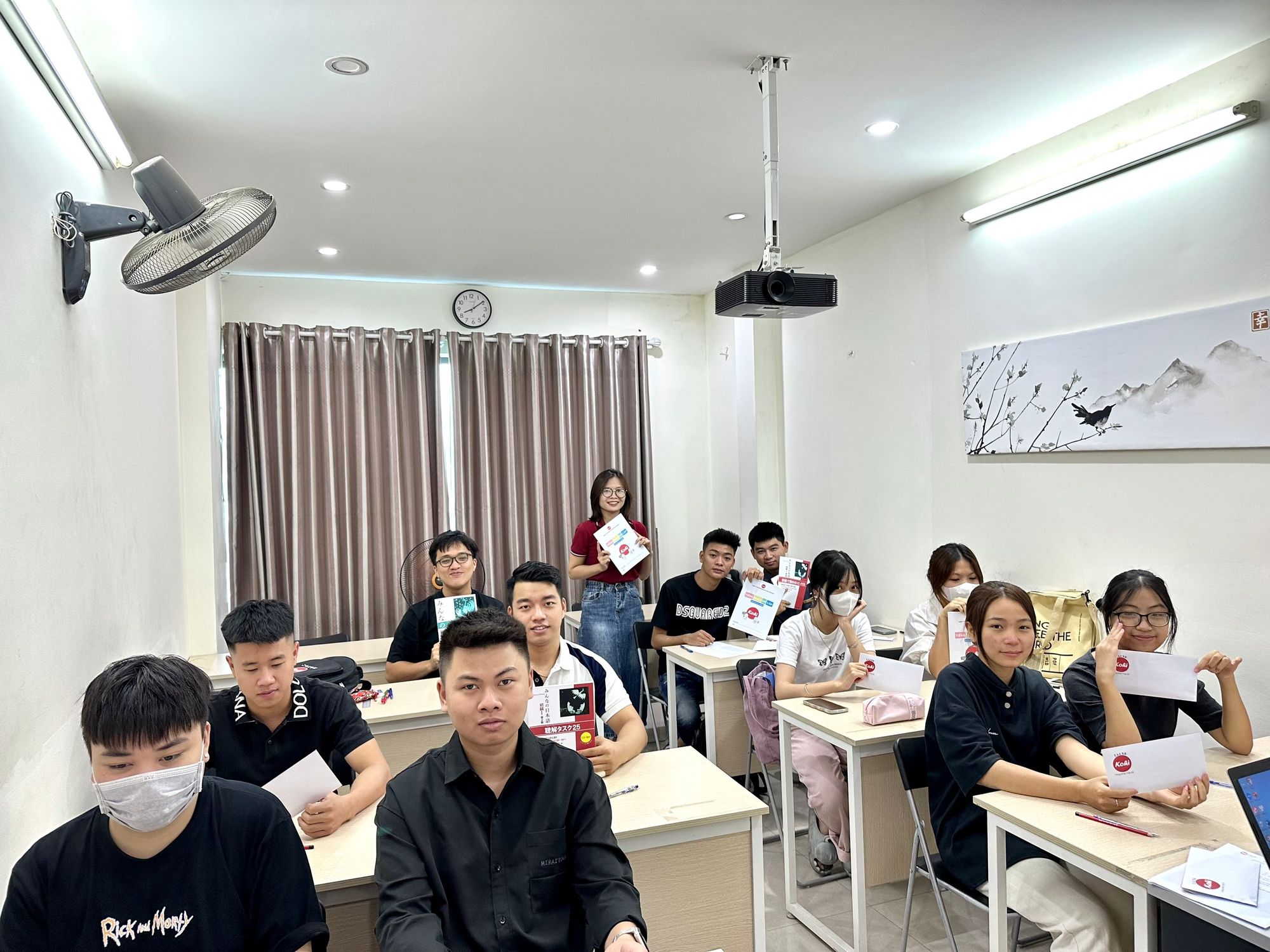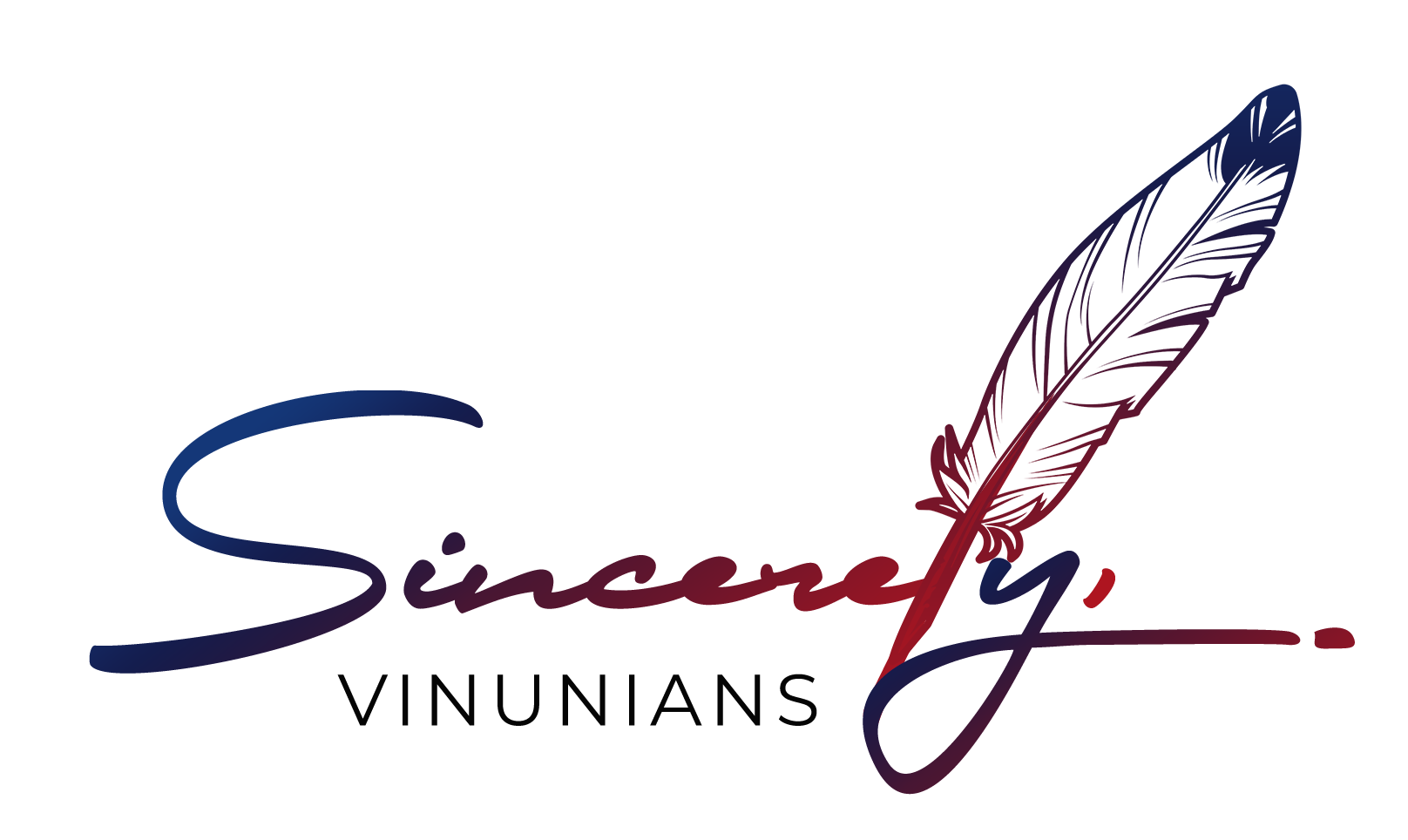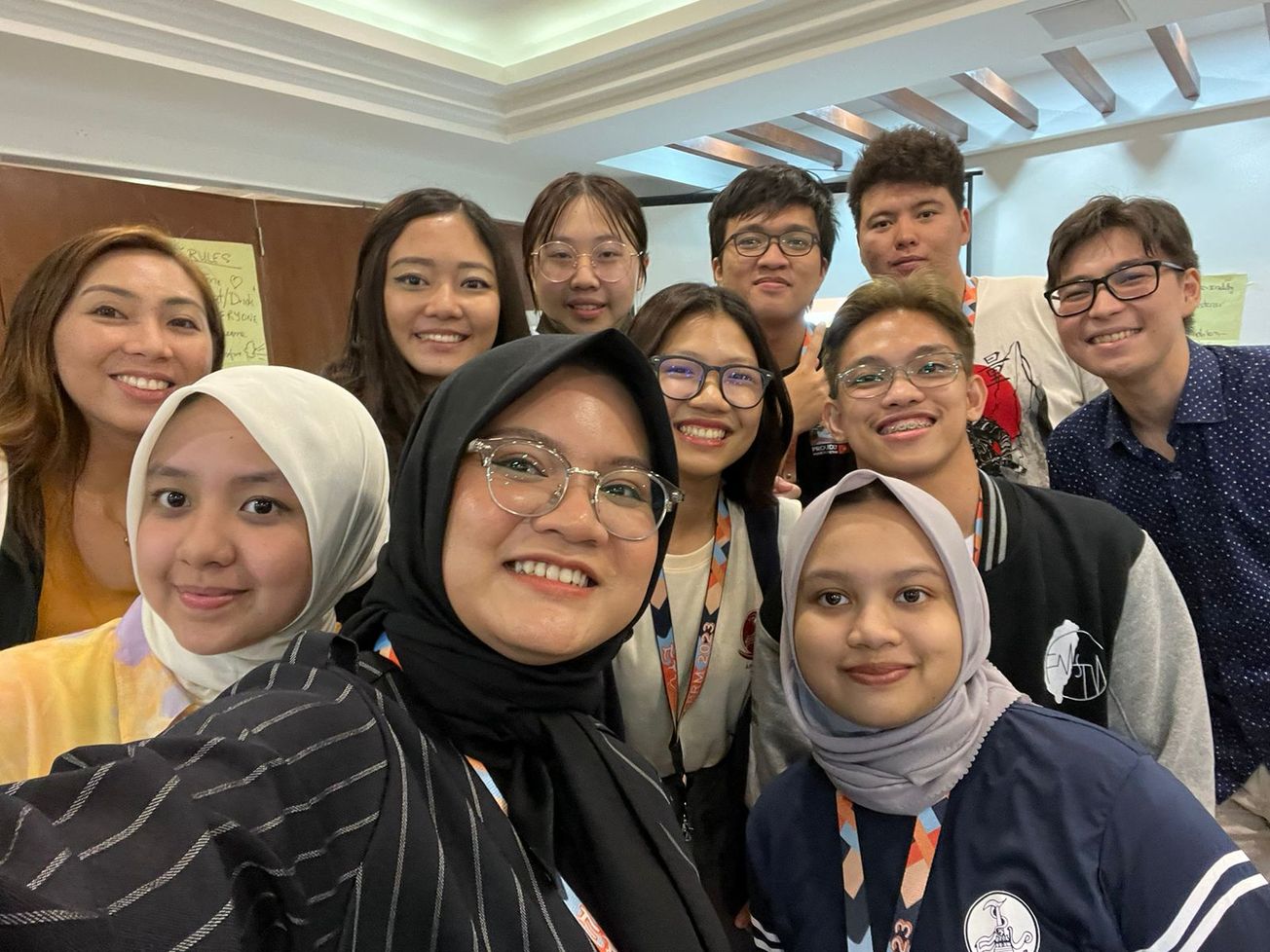Hey there! How are you doing? For the summer, I mean. What have you done so far? Summer is a vacation for many but for us college kids, it can be quite a stressful period, especially knowing you are one year away from entering real working life. Internships, building a portfolio and completing their research, it can be quite hectic and overwhelming, can’t it? Not to mention, when you are possibly a lazy fella like me or a slacker, in a better term. I must confess, the summer has not always been the most productive season for me. Yet, in this summer, I still manage to commit to and do a lot of things from attending conferences, doing research, practicing sports, and studying a new language. Hence, I’m writing down this small article sharing to you all about some tips I picked up that hopefully will help you achieve that one or two things you wish to finish in this summer.

TOWARD THE LONG-TERM
First, let’s talk about the cornerstone and driving force of any action that one may take: motivation. To sound a bit more scientific, I want to explain why I include this section even though it is quite obvious. My justification is based on a simple theory known as “reasoned action” in behavioral sciences, where it suggests that a person’s actions are based on their pre-existing attitudes and intentions. Of course, there are other theories for the behaviors of human beings but I will not get into that mess because it is ultimately irrelevant to the overall picture. Nevertheless, the gist is basically:
We do things because we have a reason to, consciously or subconsciously”
As such, when you are planning for your next activities, think hard and critically about the underlying reason why you are doing it. It might sound reductive but let me ask you a question:
When is the last time you start working on something then gradually grow to resent it?”
That might be true to many people, especially for those who forgot the primary reason they began in the first place in their pursuit for the end results. Hence, giving it some thoughts on your upcoming plan will help in the long term and it will also help once you find yourself lost. With a goal in mind, you could easily turn back and remember why you began this journey to begin with. This can give rise to renewed motivations and avoid the regrets later on in any long project. My best tip will be:
Think hard about your motivation, write it down in a notebook or a sticky note then put it somewhere prominent so that everyday or at least when you lose your way, you can look at it and regain some mental strength.”
STEADY AS SHE GOES
Next on the table, once you have kick-started the project, it is equally essential for you to keep track of and measure your successes along the way. The rationale for this is simply that motivations may not come from the final results in the end alone but they are also modified by the small victories one makes along that path. Keeping yourself hype and vigilant are the key factors that may determine your commitment to the cause and the quality of the “products” you may produce. This is a major lesson I got from my latest trip abroad, to a students’ conference in the Philippines. In order to realize this method, I would advise everyone to write down a list of “objectives” or in simpler terms, the steps you identified within your project that will eventually lead to the final results. For example, in a research project, there are multiple aspects such as literature review, grant writing, data collection, and much more; all of which can be put down as individual objectives that will give birth to a finished research paper. Then, once you have your “objectives”, you should also include the “indicators of success” for these small steps. These are essentially variables (be it numeral or otherwise) which one can use to check if they had achieved what they set out to do and if they may over- or under-achieved. These indicators should be laid out using the SMART model, let’s use the literature review objective of a research project as an example:
Specific (I want to do a literature review for my research project)”
Measurable (My aim is to review 20 published research papers on PubMed relevant to my topic of interest)”
Achievable (I can read 2 research papers per week and write a short summary of them)”
Relevant (The literature review will give me a good general overview of the entire topic and help me find a good research idea)”
Timing (This should be finished before the beginning of the next Autumn term)”
By using this model, you should have some nice little thresholds so you can best challenge yourself but also have a mid-road check-up on whether you are performing well. Hopefully, you can be both tough and kind to yourself so that you can best set out goals that can be both encouraging and improving yourself.
THAT'S ALL, FOLKS
By the end of this article, I wish that my two pieces of advice on productivity have given you some ideas on how to make the most out of your summer. And well, this advice also works outside summers, as long as you have a project, a sustainable plan will always help. On that note, I believe a personal story should serve as the best example for the readers.

I have taken upon myself to study a new language this year and it just happens to be Japanese. Now, I have always loved Japanese as a culture due to my fascination with samurai and kendo then manga and anime. As such, I make it clear to myself that the reason for my studying of this language is owing to my love for the culture. Though if I were to be honest, I just want to read raw manga early 😛 Anyway, I then set out small achievable objectives for myself such as:
(a) learn the two alphabet tables Hiragana and Katana,
(b) finish the Book One of Minna no Nihongo (a popular Japanese study book),
(c) score a minimum of 140/180 on the JLPT N5 exam (a common Japanese language competency test).
Using these I have challenged and motivated myself to study the language quite closely and though I haven’t finished with all of my objectives, I still feel confident that I can achieve everything by the end of the year (the deadline I have set for myself).
There you go, a nice little companion story that I hope has demonstrated my points clearly. Be mindful that it is my own goal and please do not feel peer pressure because of such. The point of setting objectives for yourself is to create small, achievable and realistic goals that are relevant to YOU. As such, you should learn to understand yourself and not follow others’ example blindly. I wish that these will work for you as well and that you may be successful on whichever plan you have for the summer. Good luck!
Sincerely,
VinUnians.
Comments
Sign in or become a Sincerely, VinUnians member to join the conversation.
Just enter your email below to get a log in link.







